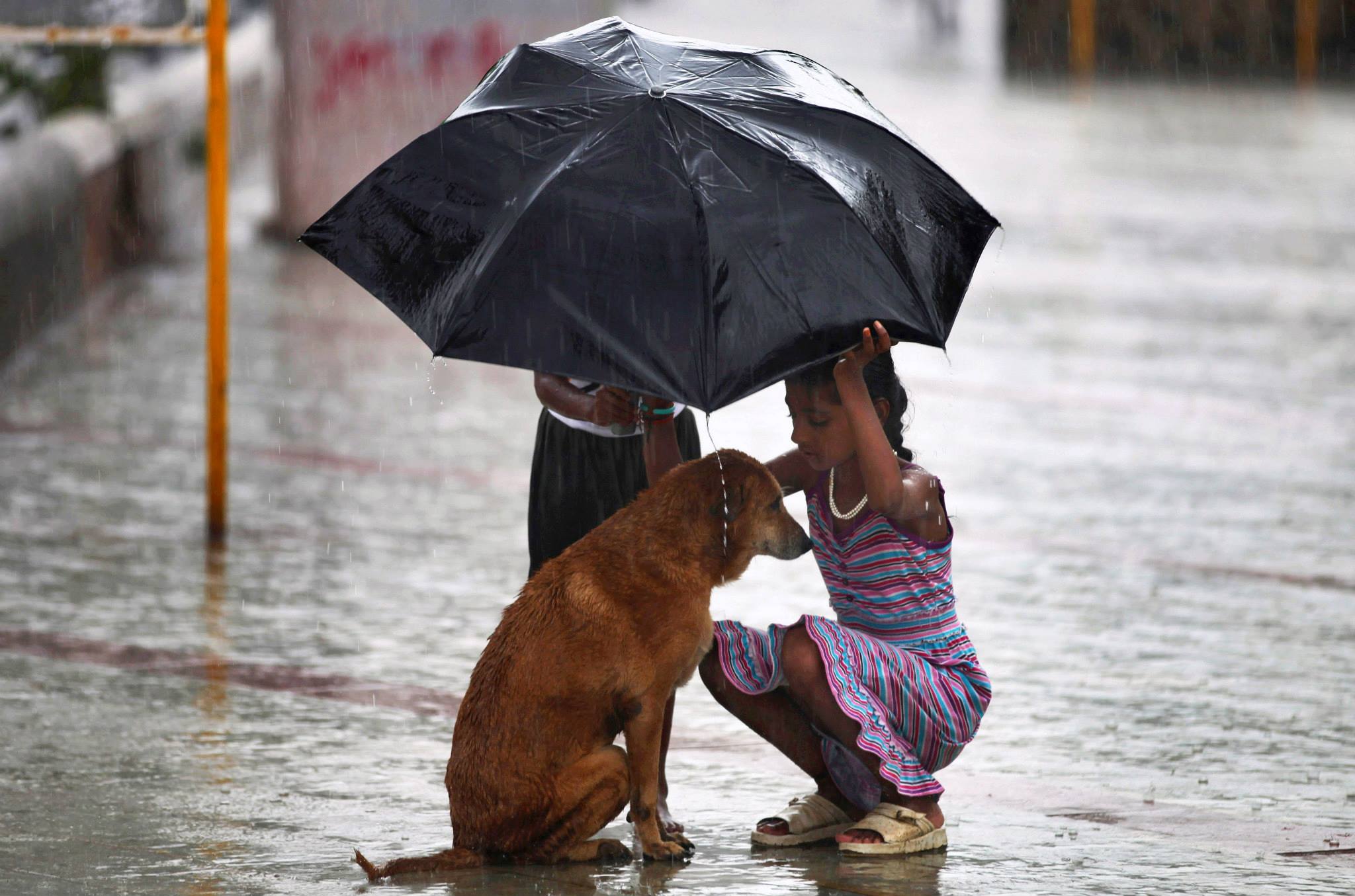Every single day, the sight remains unchanged: stray canines navigating the grimy roads, depending on the benevolence and compassion of the people they encounter. These tenacious creatures have become experts at withstanding the challenges posed by their harsh surroundings, forging deep bonds with the societies they reside in.

The government of Kerala has taken bold action to tackle the issue of stray dogs, as reported by The Hindu. The plan is to systematically remove these dogs from the streets in all 14 districts of Kerala and relocate them to specialized rehabilitation centers throughout the state. This decision stems from numerous complaints by residents about the increasing population of stray dogs in their local areas.
The Kerala government’s move to establish dedicated centers for rehabilitating stray dogs has sparked controversy. Despite facing opposition from various groups, including the central government, NGOs, and the Animal Welfare Board, the Kerala government stands firm in its stance. It believes that it is within its constitutional rights to establish these facilities in order to address the problems caused by stray dogs in the state.

The recent election has sparked a fresh dialogue regarding the well-being of stray animals and the role of governments in finding solutions. There are differing opinions on whether the focus should be on protecting citizens and decreasing the number of stray dogs or on implementing more humane approaches like sterilization and adoption initiatives.
The Kerala government’s efforts to implement such programs raise concerns about the actual effects of stray dogs on the communities they inhabit. This situation highlights the necessity of a wider conversation on how humans and animals can coexist in urban areas, taking into consideration both compassion towards animals and public safety.




